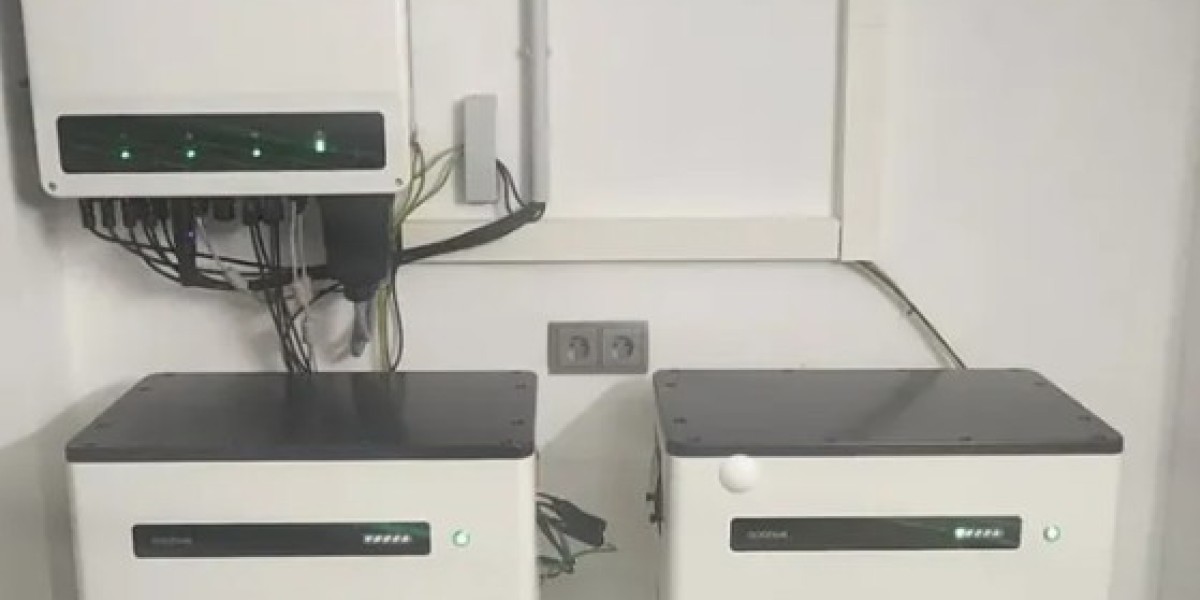Cancer is a life-changing diagnosis that demands the best care and treatment options. For patients battling brain tumors, the choice between cutting-edge proton therapy and traditional radiation therapy can feel overwhelming. India, renowned for its world-class healthcare, offers both advanced options at some of the best cancer hospitals in India.
This comprehensive guide will explore the differences between proton therapy and traditional radiation therapy while helping you understand why India is a global leader in brain tumor treatment.
What is Proton Therapy?
Proton therapy is an advanced form of radiation therapy that uses charged particles (protons) to target and destroy cancer cells with extreme precision. Unlike traditional radiation, proton beams stop at the tumor site, releasing their energy directly into the cancer cells without affecting surrounding healthy tissues.
This precision makes proton therapy ideal for treating delicate and critical areas such as the brain, spine, or eyes, where sparing healthy tissue is vital.
What is Conventional Radiation Therapy?
Conventional radiation therapy uses X-rays (high-energy electromagnetic waves) to target and kill cancer cells. While effective, X-rays travel through the body, impacting both cancerous and healthy tissues. This can lead to more side effects and is less precise compared to proton therapy.
Despite its limitations, conventional radiation therapy remains a widely used and affordable option for treating many types of cancer.
Key Differences Between Proton Therapy and Traditional Radiation Therapy
Benefits of Proton Therapy vs. Radiation Therapy
1. Precision and Accuracy
Proton therapy delivers radiation with pinpoint accuracy, making it ideal for brain tumors near critical organs like the brainstem or optic nerves.
2. Reduced Side Effects
Unlike traditional radiation, which affects nearby tissues, proton therapy minimizes side effects such as nausea, fatigue, and cognitive issues.
3. Long-Term Safety
For pediatric patients and those requiring multiple treatments, proton therapy reduces the risk of long-term complications, preserving quality of life.
4. Ideal for Complex Brain Tumors
Proton therapy is particularly effective for treating brain tumors located in sensitive or hard-to-reach areas, where precision is crucial.
Success Rate of Proton Therapy vs. Traditional Radiation Therapy
Both proton therapy and traditional radiation therapy are effective in treating cancer. However, proton therapy stands out for its ability to reduce side effects and improve outcomes in cases involving tumors near critical organs.
For brain tumors, especially pediatric cases, proton therapy offers better long-term results with fewer complications.
Side Effects: Proton Therapy vs. Traditional Radiation
Proton Therapy Side Effects
- Mild skin irritation
- Localized hair loss
- Reduced fatigue and nausea compared to traditional radiation
- Lower risk of secondary cancers
Traditional Radiation Side Effects
- More pronounced skin irritation
- Widespread hair loss in treated areas
- Higher levels of fatigue and nausea
- Increased risk of secondary cancers due to broader exposure
Which is Better for Brain Tumors?
For patients with brain tumors, proton therapy is often the superior choice due to its precision, reduced side effects, and safety for tumors near critical organs. However, the choice depends on factors like tumor location, patient age, and availability of treatment options.
Traditional radiation therapy remains a practical and effective alternative, especially when proton therapy is not accessible.
Best Cancer Hospitals in India for Brain Tumor Surgery
India is home to some of the best cancer hospitals in the world, offering cutting-edge treatments like proton therapy and advanced brain tumor surgeries. Here are the top 4 hospitals to consider:
1. Apollo Proton Cancer Centre, Chennai
- India’s first and only dedicated proton therapy center.
- Specializes in treating complex brain tumors with precision.
2. Tata Memorial Hospital, Mumbai
- Renowned for its comprehensive cancer care.
- Known for affordable yet advanced brain tumor treatments.
3. AIIMS, New Delhi
- World-class oncologists and state-of-the-art facilities.
- Recognized for excellence in brain tumor surgeries.
4. Fortis Memorial Research Institute, Gurgaon
- Offers advanced neurosurgical techniques and personalized cancer care.
- Equipped with modern technology for precision treatments.
Conclusion
When it comes to brain tumor surgery in India, the country stands out as a global leader, offering world-class care at some of the best cancer hospitals equipped with cutting-edge technologies like proton therapy. Choosing the right treatment for a brain tumor is a life-changing decision that can significantly influence outcomes and improve quality of life.
India’s medical expertise, combined with its affordable healthcare options, ensures that patients receive advanced, precise, and compassionate care. Whether it’s minimally invasive brain surgery or the latest in radiation therapy, patients have access to groundbreaking treatments tailored to their specific needs.
If you or a loved one is facing a brain tumor diagnosis, consider exploring the exceptional options available for brain tumor surgery in India. Trusted healthcare facilitators like Medaviate connect patients worldwide with the best hospitals and top surgeons in India, guiding them every step of the way toward a brighter, healthier future.
FAQs
1. Is proton therapy available in India?
Yes, proton therapy is available in India at the Apollo Proton Cancer Centre in Chennai, making India a top destination for this advanced treatment.
2. What is the success rate of brain tumor surgery in India?
India boasts a high success rate for brain tumor surgeries, thanks to its skilled surgeons and advanced medical technologies.
3. Which is the best hospital for brain tumor surgery in India?
The Apollo Proton Cancer Centre, Tata Memorial Hospital, and AIIMS are among the best cancer hospitals in India for brain tumor surgery.
4. Is proton therapy better for children?
Yes, proton therapy is safer for children as it minimizes damage to healthy tissues, reducing the risk of long-term complications.








